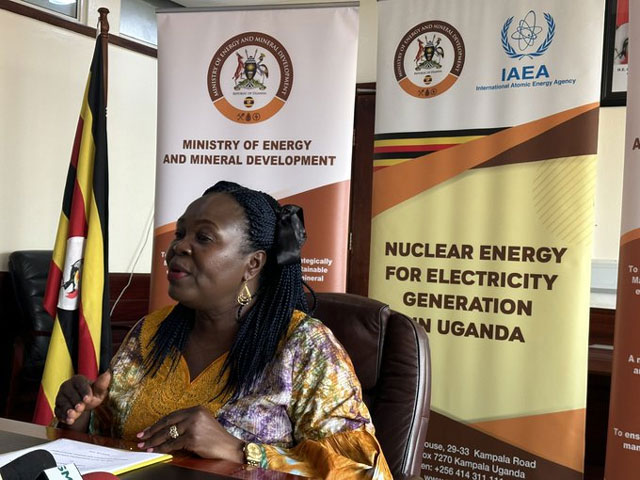Among’s Role and Broader Political Implications
Most discussions among Ugandan commentators on social media platforms revolve around the actions and accountability of a figure known as Among. Many assert that Among epitomizes the lowest standards of ethics within Ugandan politics. However, while acknowledging Among’s personal culpability, some voices caution against fixating solely on her materialism. They argue that such focus detracts from understanding the broader political dynamics underlying the corruption prevalent in the country.
Initially, like many others, I too found myself drawn into scrutinizing Among’s personal conduct. Her extravagant spending and luxurious lifestyle seemed emblematic of the moral decay within Ugandan politics. However, this narrow focus risked obscuring the deeper political implications of corruption. It was during a moment of frustration with the government’s inaction that a conversation with a well-connected friend offered a new perspective.
My friend, who holds a position of influence, urged me to consider the broader context beyond Among’s actions. He pointed out that the president’s spending patterns had shifted over time, indicating a strategic evolution rather than a genuine commitment to combat corruption.
The revelation about the president’s changed approach shed light on the intricate relationship between corruption and political maneuvering in Uganda. It suggested that Among’s lavish spending served not only personal interests but also a broader political agenda. Her ability to sway Members of Parliament through financial incentives has bolstered the ruling party’s position, making her an indispensable asset to President Yoweri Museveni.
While Among’s ostentatious lifestyle may capture attention, it is essential to recognize its instrumental role in maintaining political power. By effectively using her considerable wealth to influence parliamentary decisions, Among has facilitated the smooth passage of legislation favored by the ruling party.
This insight challenges the simplistic narrative of individual wrongdoing and underscores the systemic nature of corruption in Ugandan politics.
To better understand this shift in political corruption dynamics, it’s insightful to compare the traditional method of buying off MPs with the current scenario. The table below summarizes these two approaches:
| Traditional Method of Buying Off MPs | Current Strategy |
|---|---|
| Involved lavish spending of money on individual MPs to secure their loyalty | Shifted towards less overt financial transactions |
| Often accompanied by public spectacle and accusations of bribery | Operates more discreetly, away from public scrutiny |
| Fostered a culture of dependency among MPs on the ruling party or president | Encourages loyalty through other means, such as political appointments or favors |
Next: Part 5.




















